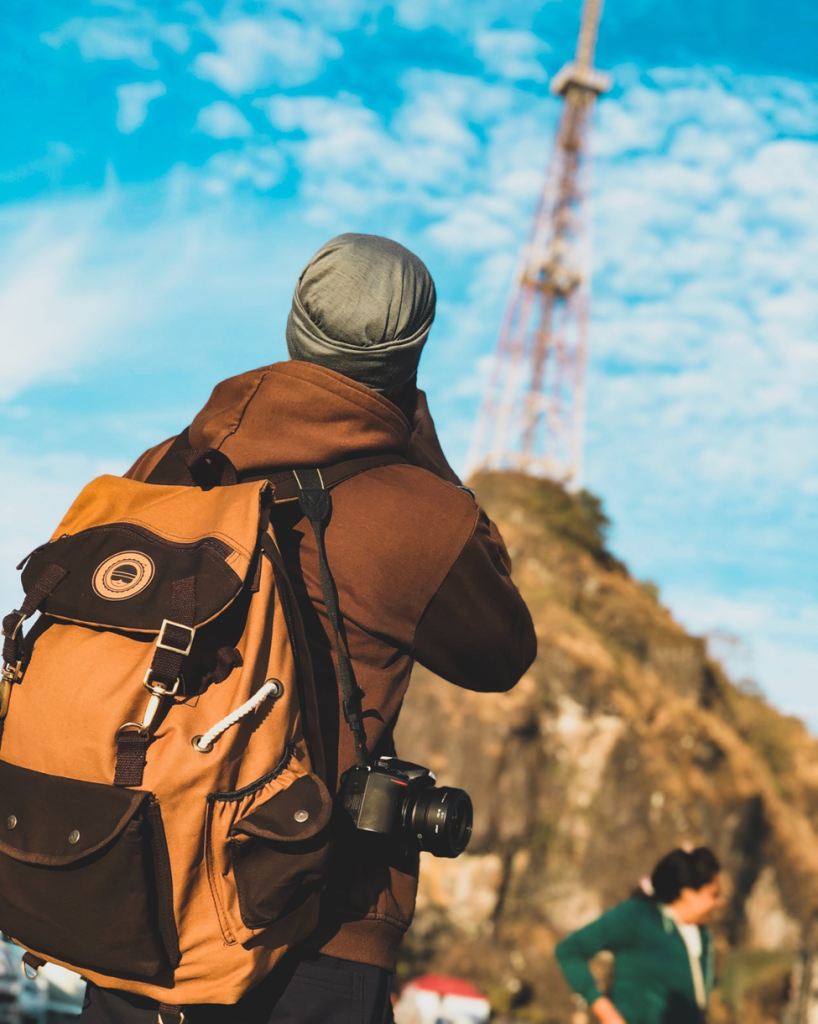
Travel is an exciting activity that offers the opportunity to create unforgettable memories and amazing experiences. People travel for various purposes, including enjoyment, business, etc. Regardless of the reason for your journey, it is necessary to be safety-conscious and take safeguards early.
Studies indicate that around 36% of travelers regarded travel as a worthwhile and smart investment.
Traveling is all about exploring new places and broadening your experiences. What if you’re unable to relax and have fun because of your insecurities? Because every trip has its own set of concerns, we believe that the old saying “prevention is always better than cure” applies even more so when heading out to explore.
According to Experian, a worldwide information services company, more than 15 million Americans were victims of identity theft in 2016.
Keeping yourself and your dear ones safe when traveling is vital to making the most of your trip.
1. Be aware of your surroundings
It’s easy to get confused with the excitement of visiting new locations. You should always be aware of what’s happening around you, even when taking a break to snap a photo or take in the scenery. Keep a watchful eye on your possessions as well to prevent theft.
You should also use caution while interacting with strangers. When you travel, you have the chance to interact with the locals and learn about their culture. However, you need to exercise caution and look for anything ordinary.
Additionally, be on the lookout for any potential hazards when crossing any roadways. When an emergency arises, you should know who to call for help.
For example, suppose you traveled to Florida and were struck by a vehicle while walking on the sidewalk. In that case, you should call experienced pedestrian accident attorneys as soon as possible so they can aid you in obtaining the highest compensation.
2. Before you go, do some research
Make sure you know where you’re going before you go. When planning a trip to a new nation, do your best to research the country’s political and cultural landscape, the greatest places for tourists to stay, and the riskiest locations.
Avoid unpleasant incidents by keeping yourself alert as you begin your journey.
4. Manage your Expenses
Do not use your debit or credit cards unless you have informed your bank that you will be traveling outside of the country. Otherwise, your card may be stopped due to suspicious behavior.
Because ATMs may be few in specific locations, do some research ahead of time to find the best venues to convert your money into local currency. Always have a little cash on you while you’re out and about.

4. Travel insurance is a must!
Travel Insurance is essential for safe travel! It safeguards you against medical emergencies and theft. It also subsidizes you if you must cancel or cut short your vacation due to a specified cause, such as a death in the immediate family or an unexpected sickness.
Specialized travel insurance providers offer versions of the same policies, so select with caution. Consider the activities you’ll be participating in throughout your vacation, and read the fine print to ensure you understand what you’re spending.
5. Be careful while using public Wi-Fi networks
Having Internet connectivity while on the go is a big time-saver. On the other hand, using public Wi-Fi should be cautious since it exposes your data to possible hackers.
A virtual private network (VPN) allows you to securely access the internet even if you don’t have a router. If you must use public Wi-Fi, avoid banking online or indulging in any other activity that might put you in danger. Visits to unprotected websites should be kept to a minimum.
6. Keep digital copies of critical documents
Your passport may be the most precious item you carry when traveling. In the case that a passport is stolen, having a digital copy will facilitate the replacement procedure.
Additionally, write down the location of your apartment or hotel in a notebook in case you drop your phone.
Include contact information for emergency/next-of-kin contacts who may be quickly reached in case of emergency.
7. Inform Your Family And Friends Of Your Travel Plans.
Whether you are going alone or with a companion, it is necessary to inform a few trustworthy friends and family members of your vacation intentions.
It is wise to travel safety advice to let someone know where you are, just in case anything happens to you. Provide your family with the hotel/contact information so that they may quickly reach you if they are unable to reach you via your personal connections.
If you adopt these travel safety tips, you’ll be well-prepared and in charge. You will have all the techniques and tips in place to manage a bad scenario, and you will take the essential precautions to prevent being robbed or mistreated. Being well-prepared and staying in safe locations can make your traveling more enjoyable.



